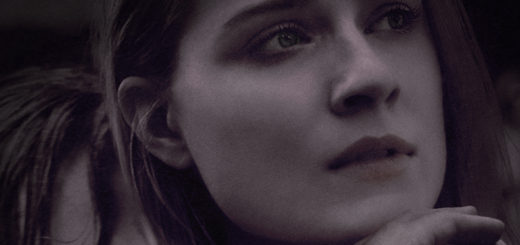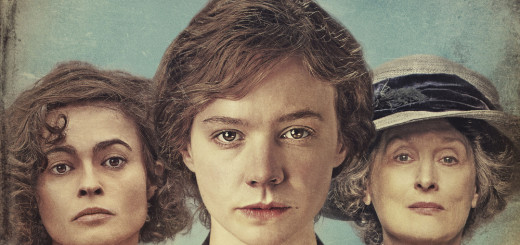THE GIRL ON THE TRAIN Review
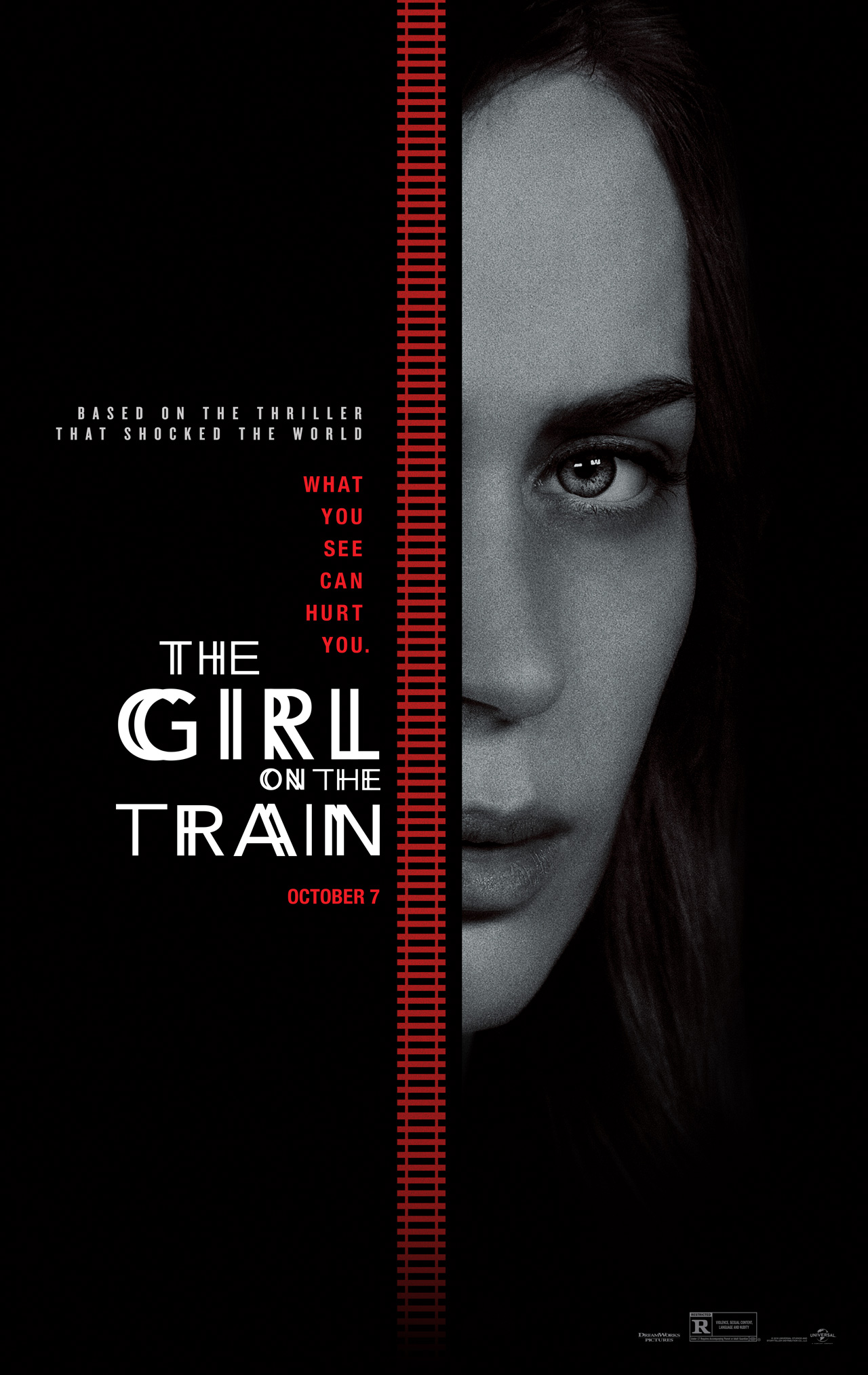
Director: Tate Taylor
Genre: Thriller
Year: 2016
Let’s start things off with a bang: The multiple comparisons to GONE GIRL are mostly incorrect and lazy. I will concede to the fact that both David Fincher’s domestic thriller and Tate Taylor’s 2016 outing make use of an aggressive color palette and are adaptations of novels written by women, but apart from aesthetics, the narratives and themes have very little to do with each other. Where Fincher’s almost-masterpiece is a tense, seat-gripping exercise in deceitful, unreliable narrators and muddled identifications with protagonists, THE GIRL ON THE TRAIN just gives us a rote, alcoholic loser to root for, whose only unreliability is to be found in her faulty memory. Whereas Fincher’s film actually gives its characters the worst possible conclusion imaginable, only managing to feel triumphant because of how we’ve come to despise both of them, THE GIRL ON THE TRAIN wraps things up for its “hero” in a glaring dash of deus ex machina. GONE GIRL’s first act twist is still one of the most surprising theater moments I’ve had (having gone in without knowledge of the book). THE GIRL ON THE TRAIN’s very construction necessitates and advertises that a glaring surprise is on the way, preventing it from having the appropriate amount of impact. Had THE GIRL ON THE TRAIN more closely followed its apparent peer, it would have been all the better for it.
Taylor’s film tracks the tale of Rachel (Emily Blunt), a sad, decrepit ex-wife who polishes off multiple bottles of wine a day. Having been spurned and cheated on by Tom (Justin Theroux) and fired from her job for being too sauced up, Rachel spends her days aimlessly taking the train to New York City. During her commutes, she’s become obsessed with watching Scott (Luke Evans) and Megan (Haley Bennett), a young couple whose love Rachel imagines as being storybook. One day, Rachel sees Megan cheating on Scott with an unidentified man, goes on a drinking binge that causes her to blackout, and attempts to drunkenly confront her for ruining “the perfect marriage.” Rachel awakens to discover that Megan is missing, and that she, along with several others, are prime suspects.
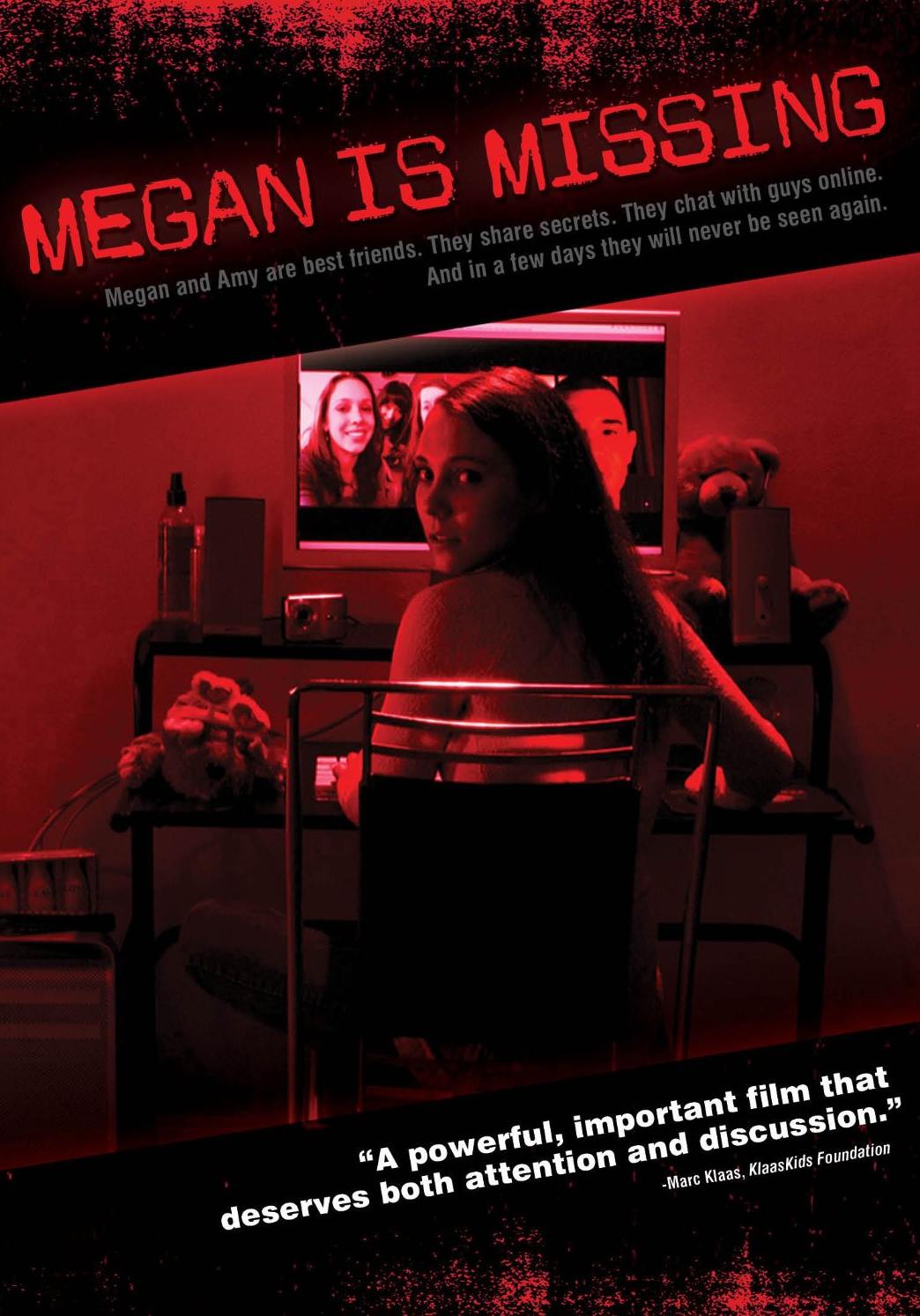
Not this MEGAN IS MISSING, unfortunately
Believe it or not, to the film’s credit, it manages to orient us within the world just enough for that premise to not play out as ridiculously as it may sound. However, this leads to THE GIRL ON THE TRAIN half-heartedly floating Rachel’s alcoholism as an impetus and catch-all justification of her character’s behavior. I can buy the fact that a recently divorced and shamed middle-aged woman may knock back a few too many glasses of red and sadly project the memories of her former relationship onto a couple that looks, fresh, in love, and sexually adept. However, it’s a little more tenuous to assume that she would get so drunk as to then plan on returning to the street that they all live on in order to physically accost Megan for presumably cheating on Scott. It takes quite a suspension of disbelief to assume that there’s even a minor chance of Megan (or whoever it was that Rachel actually accosted…) being in the same place and the same time as a severely inebriated Rachel. Can we really write this off as just an illogical symptom of Rachel’s drinking, or is it just amateur writing on the part of the screenwriter and author of the original source material?
The rest of the film consists of Rachel’s attempts to piece together what happened that evening and clear her own name. There’s a decent amount of tension to be had in a possibly deadly faulty memory, but that doesn’t alleviate the seemingly random decisions and occurrences that continue to propel the narrative forward. There are several instances where characters question Rachel’s behavior, and she simply replies with a distraught admission that she has no idea herself. Sure, we all wing it now and again, but to have the plot proceed forward at such an alarming rate of indecision makes things feel haphazard and arbitrary, the characters simply throwing the dice, crossing their fingers, and hoping everything comes up Milhouse.
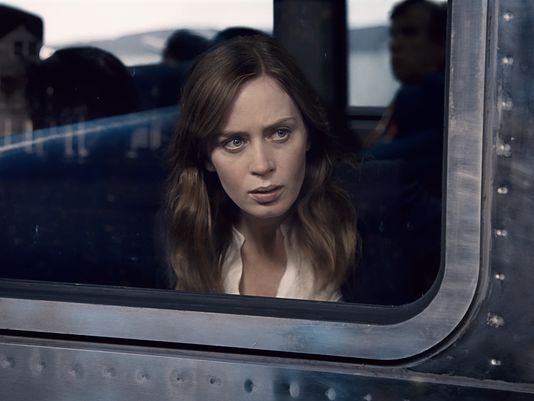
Mfw people are excited about the new Green Day
Considering the hands it’s been dealt in terms of characters, THE GIRL ON THE TRAIN can’t help but be melodramatic, as exaggerated twists, turns, and revelations are necessary to keep both the audience and Rachel continually invested in a case she may have had nothing to do with. But you know what? The melodrama is pretty fun, all things considered. Throwing up its hands and doubling down on any criticisms of ill-fated logic in the first half, the second half is a basely entertaining race to tie together all the loose ends. It’s not particularly artful, but it’s revealed everyone’s lying to each other about who they are and what they want, visages are constantly contorted in rage, and furniture and faces are smashed in equal measure; it’s a captivatingly vulgar conclusion to what at first feels like a tepid thriller made for Midwestern matinee moms. It’s a shame the film doesn’t have Fincher’s name attached, so that someone with a liberal arts degree could explain its intricate parody of daytime cable.
As to be expected, there’s one humdinger of a twist at the end; we find out the surprising answer as to what happened to Megan, and discover that many of Rachel’s recollections of her past are incorrect. It’s an enjoyable addition to the narrative, but my biggest problem with THE GIRL ON THE TRAIN is that it prevents Rachel from achieving a satisfying conclusion to her character arc. By ultimately forgiving most of her behavior and pitching her as the victim of some abusive and unforeseen circumstances, Rachel is never forced to take a look in the proverbial mirror and fix the glaring faults in her character. In a final shot we see Rachel heading into the Big Apple on the train, insisting that she’s a new woman, but we don’t see her resolutely kick her vicious drinking habit, get a job, pursue a healthy romantic relationship, or even make an attempt to do any of the same. As such, the conclusion feels tacked and unlikely to float when pushed out to sea.
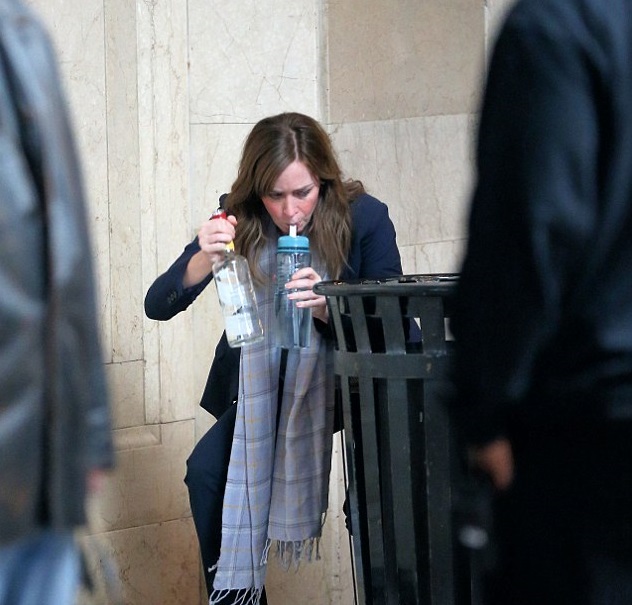
Girl, I’ve been there before
However, I don’t mean for any of this to detract from consideration of Emily Blunt’s star turn here, which almost single-handedly makes a case for seeing the film. Blunt brings a crushing believability to Rachel’s mercurial behavior, always toeing the line of sad, angry, and exasperated that all the best drunks do, showcasing an intimately layered understanding of an inebriated slur in the process. Perfectly emulating the helpless desperation of long-time drinkers, we watch Rachel’s intermittent, half-hearted attempts to get sober with a sad, wry smile, knowing it’ll be right off to the corner store later that evening.
Blunt was a perfect casting choice, but she makes all the other casting choices seem bizarre as a result. Her British accent a holdover from the book’s original setting, THE GIRL ON THE TRAIN never makes any strong case for it necessitating being set in New York. Although New York’s admittedly the only American city where a plot centering on a train would even make a remote amount of sense, American audiences are long past the point where they’ll turn their nose up at something from across the pond. Setting it in London would have added an extra bit of authenticity, but it still wouldn’t have solved the movie’s color problem. Everyone is blindingly white, and the film further blunders by switching the nationality of Megan’s therapist, Kamal Abdic (Edgar Ramirez), away from his original Middle Eastern heritage. Feeling like a begrudging move on an executive’s part to add some diversity, it shoots itself in the foot with its obvious Islamophobia.
THE GIRL ON THE TRAIN isn’t exactly a regrettable time at the movies, but certainly isn’t the star event it so clearly assumes it would be easily considered as. There’s enough pulpy entertainment here to justify a ticket price for date night, but anyone hoping for a sense of personal or artistic fulfillment would do well to look elsewhere. As many have said before me, THE GIRL ON THE TRAIN is going to reign supreme on Pay-Per-View, cable, and airplanes for time immemorial. Until then, don’t board this bandwagon.
Verdict: Do Not Recommend

